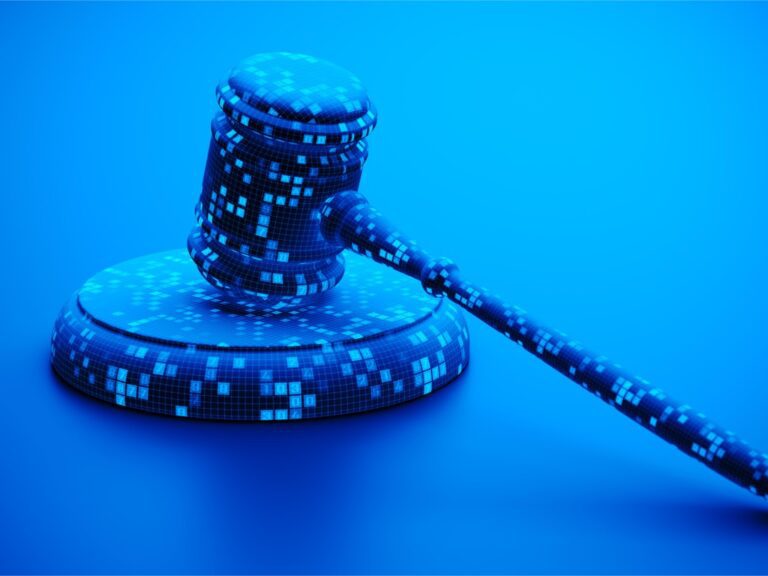Legal Tech and Law Tech: Key Differences Explained
March 31, 2025

According to CobbleStone Software’s Sean Heck, legal tech and law tech may seem interchangeable, but they serve distinct purposes and users. Legal tech focuses on streamlining operations for legal professionals, while law tech also enhances clients’ access to legal services.
Legal tech is designed for legal departments, helping legal operations professionals manage legal operations more efficiently. It includes tools such as contract management, document review, workflow automation, and case and practice management. These technologies streamline workflows, reduce errors, and standardize legal documentation. By centralizing legal processes, legal tech enhances collaboration within legal teams and with external stakeholders.
Law tech, on the other hand, is focused on improving clients’ accessibility to legal services. It includes document automation and management, AI contract review, and online legal services. In addition, it includes remote access tools such as video conferencing technology, which allows clients to handle legal matters more independently. By making legal services more accessible, law tech plays a vital role in democratizing the legal system.
The fundamental difference between legal tech and law tech lies in their intended users and objectives. Legal tech enhances internal legal operations, interdepartmental collaboration, and vendor management. Law tech focuses on providing clients with tools that provide access to legal services. Both are essential in modernizing legal processes, ensuring efficiency for professionals and broader access to clients.
Critical intelligence for general counsel
Stay on top of the latest news, solutions and best practices by reading Daily Updates from Today's General Counsel.
Daily Updates
Sign up for our free daily newsletter for the latest news and business legal developments.




